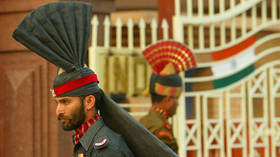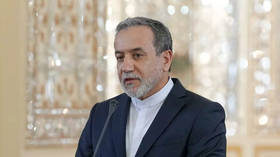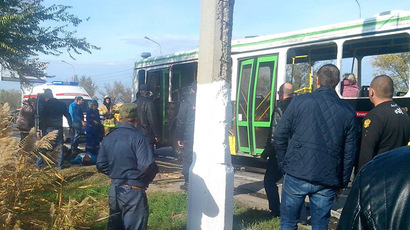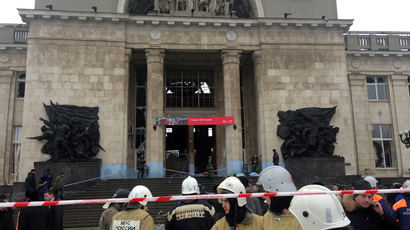Russia’s war on terror to remain within constitutional framework
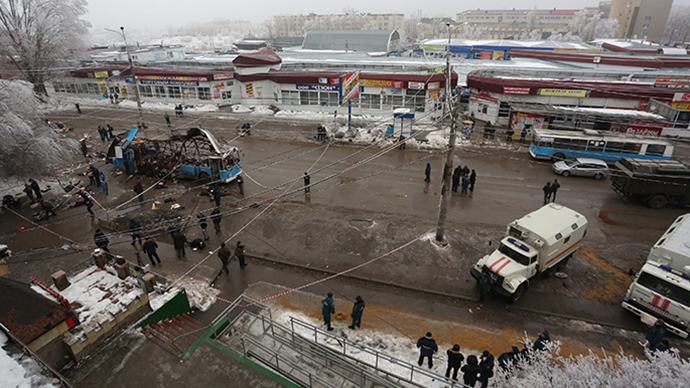
Several politicians are demanding a tougher response, following deadly suicide attacks in Russia’s south, with a cancellation of the moratorium on the death penalty, and total surveillance being among the proposed anti-terrorist measures.
Two consecutive suicide blasts rocked Russia’s southern city of
Volgograd on December 29 and 30, taking the lives of over 30
people and injuring dozens more.
In the first official comments after the tragedy, Nikolay Pligin,
United Russia MP and head of the Duma’s Constitutional Law
committee, has underlined that the anti-terrorist measures aimed
at providing security to the population will fall in line with
the country’s law.
“No social groups will be discriminated against, no special
activities will be carried out against any specific group – all
activities will be conducted solely within the constitutional
norms and in accordance with existing laws,” he told the
Interfax news agency.
Pligin believes that the current legislation provides more than
enough effective means to combat terrorism and it’s crucial to
take maximum advantage of them.
However, some MPs have called for the reinstatement of the death
penalty. On Monday, Roman Khudyakov from the leftist Liberal
Democratic Party (LDPR) introduced in the Duma a relevant draft
appeal to the president.
“I propose to cancel the moratorium on the death penalty for
terrorists, pedophiles, serial killers, drug lords as well as
those responsible for serious traffic accidents with multiple
casualties,” he told Interfax.
Khudyakov says he’s confident that his appeal will be supported
by the four factions of the Parliament and get the required 226
votes to be forwarded to Vladimir Putin.
Ramzan Kadyrov, the head of the Chechen Republic in Russia’s
turbulent North Caucuses, has also urged the parliament to
“infinitely increase the penalty for those, who not only
commits terrorist acts, but share the ideas of the terrorists,
spread their ideology and train them.”
“I’m absolutely sure that we won’t cope with this evil by
playing democracy and humanity,” Kadyrov wrote on his
Instagram page.
The return of capital punishment was also supported by United
Russia MP, Irina Yarovaya, who heads the Duma Security Committee.
However, Pavel Krasheninnikov, chairman of the State Duma's
Legislation Committee, said that such an initiative hasn’t been
discussed within the United Russia party.
“The death penalty is an ineffective punishment for a person who
blows himself up,” he stressed.
Krasheninnikov said that reinstatement of capital punishment
“won’t affect terrorism and other crimes,” suggesting that the
law enforcement and security agencies should train more to be
able to prevent future attacks.
After the first Volgograd blast on Sunday, Vladimir Zhirinovsky,
LDPR leader, suggested ratcheting up the law on performing
anti-terrorist operations “so that it could be implemented
not only during the operations themselves, but alos allow the
National Antiterrorism Committee to apply those measures on a
regular basis in high-risk areas.”
By “high-risk areas” Zhirinovsky was referring to
Russia’s North Caucasus and the neighboring Volgograd, Stavropol,
Astrakhan and Krasnodar regions.
In his interview with RSN radio, the LDPR head said that
“total surveillance” of phone calls, emails and other
communications in Russia’s south would be an appropriate
anti-terrorist measure.
The heads of Russia’s law enforcement and security agencies will
be summoned to the Parliament after the New Year holidays to
explain how they could allow suicide attacks in Volgograd, and
discuss legislation amendments to make war on terror more
effective.



